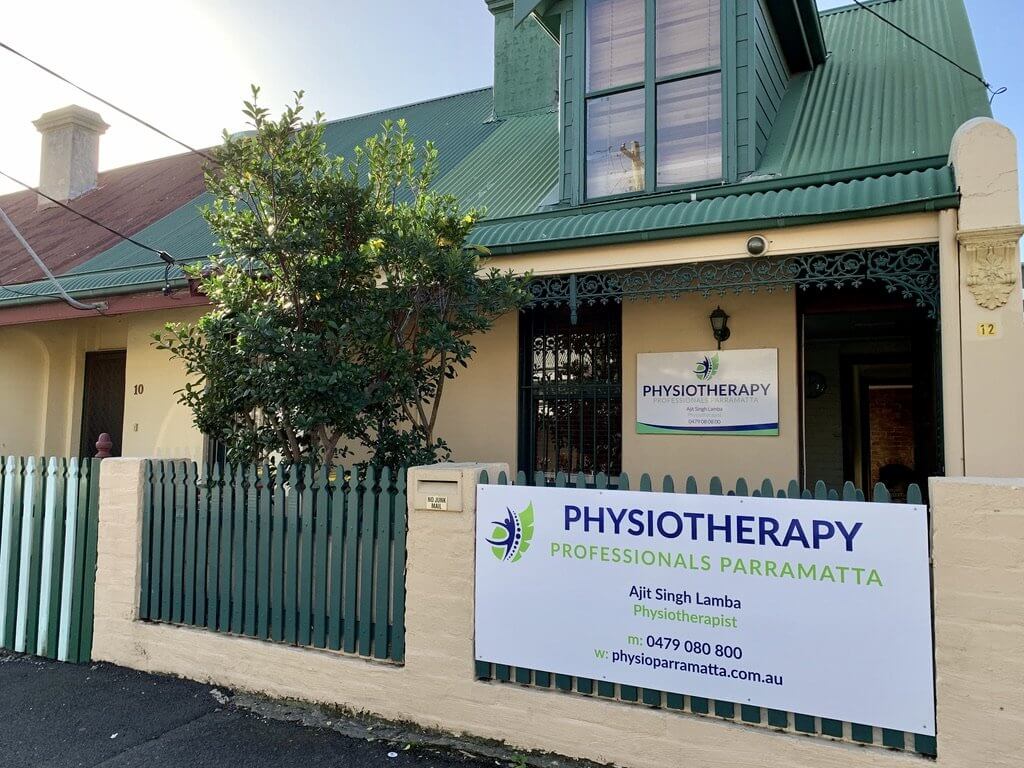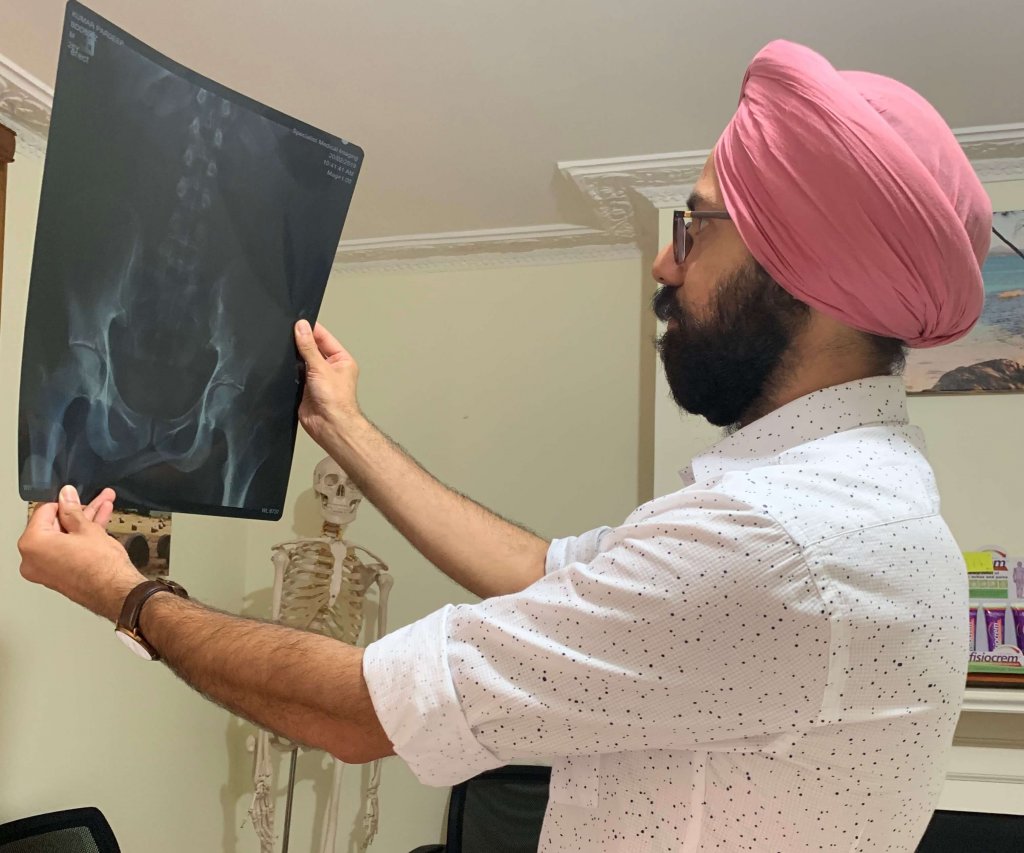Disc Bulges / Disc Herniation Physiotherapy
Disc Bulges / Disc Herniation Physiotherapy
What is a disc bulge?
Disc budges refer to a spinal injury, that can occur in the cervical (neck), thoracic (midback) or lumbar (lowerback). The disc is a fluid filled sac in between two spinal bones (vertebrae), that has an outer part (annulus fibrosis) and an inner part (nucleus propolsus).
How do disc bulges happen?
When an individual does a lot of repetitive bending (bending at the lower back spine instead of knees and hips), this causes a more pressure being put on the disc. Examples of activities that can cause disc bulges include but not limited to:
- Bending your back when lifting heavy boxes
- Doing heavy deadlifts at the gym without properly engaging your lower back
- Injury at work
- Motor vehicle accident
- Being in a prolonged siting position when in the car
Does a ‘disc bulge’ mean there is a problem with my back?
Not always. If a patient comes in and they have ‘mild or small disc bulge’, it doesn’t always mean that there is an issue. This is because any given individual can have no pain but also still have finding on an MRI scan. The issue with having a disc bulge is when they bulge, and protrude backwards, and pinch the spinal nerves on the left or ride sides of the back, running out of the intervertebral foraminae. When the nerves are pinched by the produding disc, they cause inflammation and irritation, and therefore the patient will report symptoms such as:
- Weakness in leg muscles, especially during walking
- Sharp shooting radiating pain down the leg
- Pins and needles
- Burning sensations
- Numbness
- More serious symptoms: Inability to control bowl or bladder ** This is considered a medical emergency
What to do if you have a disc bulge?
As soon as you get any signs of lower back pain or radiating symptoms, you should consult a Physiotherapist to get a professional opinion about your symptoms. If there is a disc buldge that causes pinching on the nerve you can expect treatment which may include:
- Therapy to reduce your pain and inflammation in the area
- Release tight muscles around your lower back, hips, gluteals that tend to become tight and cause more pain
- Manual therapy aimed at reducing nerve compression
- Once your initial symptoms have settled, further treatment will also be needed, which involves core strengthening exercises through exercises, to strengthen all the stabilizing back muscles around the spine. By having the deep muscles contract and stabilise the spine, this reduces the pressure applied to the disc, and therefore will prevent recurrences of this issue.


